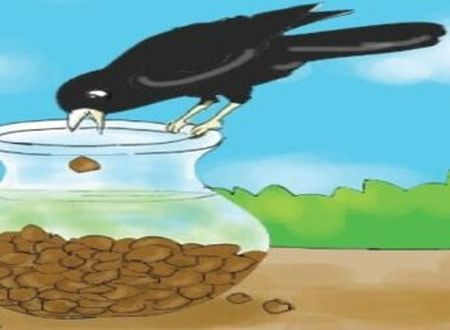When the quartet decided to start a band in the movie That Thing You Do (loosely based on the Beatles’ lives), they called themselves the Oneders.
They printed out fliers with the name “Oneders”. People naturally thought they were the O’needers. “No”, they corrected, “We are the O-N-E-ders”.
“Wonders”, but spelt with a purportedly clever spin.
Far too many people were mistakenly pronouncing them as the O’needers. Enter Mr. White. Played by Tom Hanks, Mr.White, with experience in the recording industry, signs up with them as their manager. He helped them in several ways. The best help:
Mr. White: Next, this “Oneders”, with the O-N-E, it doesn’t work. It’s confusing. From now on, you boys’ll just be… simply The Wonders.
The Reader is Not a Mind-Reader
Mr. White’s Suggestion Applies to Online Writing.
The quartet knew that they were the “wonders”. They decided to play with the spelling, and come up with a cute spelling. A clever spelling.
There was only one problem: The people reading the name Oneders did not have the prior information that the band was called Wonders. Therefore they read it in the way that was most natural to them.
We can learn what the quartet missed: The reader doesn’t have the background about the article that we, the author, possess.
User Testing
You can’t publish a research paper in most disciplines unless you have performed some user testing to back your claims.
Getting feedback from other people is a powerful yet underrated tool.
In That Thing You Do, the quartet could have sanity-checked the spelling “Oneders” with their family and friends before going public.
Online writers can sanity check their titles with other writers before hitting the publish button. (If you were wondering, I sanity checked the title of this post before hitting the publish button.)
Psyc 101?
I wrote an article titled Psyc 101. From the reader’s perspective:
- Is this an article that will outline basic principles of psychology?
- Is this an article that talks about the a Psyc 101 class?
Once again, the reader is not a mind reader.
Some readers may be interested in reading about the basic principles of psychology. Others may want to read about my experience taking a Psyc 101 class (which is what the article was about). I failed to inform the reader about the contents of the article. Those who wanted to read about the basic principles of psychology may be uninterested in reading my experiences attending a Psyc 101 class and vice versa.
Tell The Reader What the Article is About
I gave my second article on os.me the title Seven Pounds and More.
Seven pounds of what?
The title didn’t give the reader enough information about the article. The article contained takeaways from Will Smith movies, inspired by that week’s editorial on Will Smith. The main takeaways came from the movie Seven Pounds, hence the cutesy title. At least, so was my reasoning.
A better title would have been “7 Takeaways from Will Smith Movies”. Or something along these lines that tells the reader what they would get from the article. There are other ways in which I could have improved the article, but that is a different story.
Writing a Good Title is an Art and a Science
Writing a good title on the World Wide Web is both an art and a science. I see acclaimed online writers put a lot of thought and attention into their headlines. They make it catchy as well as descriptive.
I have a long way to go before I can say I write good headlines. But one lesson I’ve learned (or so I think) is not to get cute with my titles.
Image Credit: Brian McGowan from Unsplash









Comments & Discussion
21 COMMENTS
Please login to read members' comments and participate in the discussion.